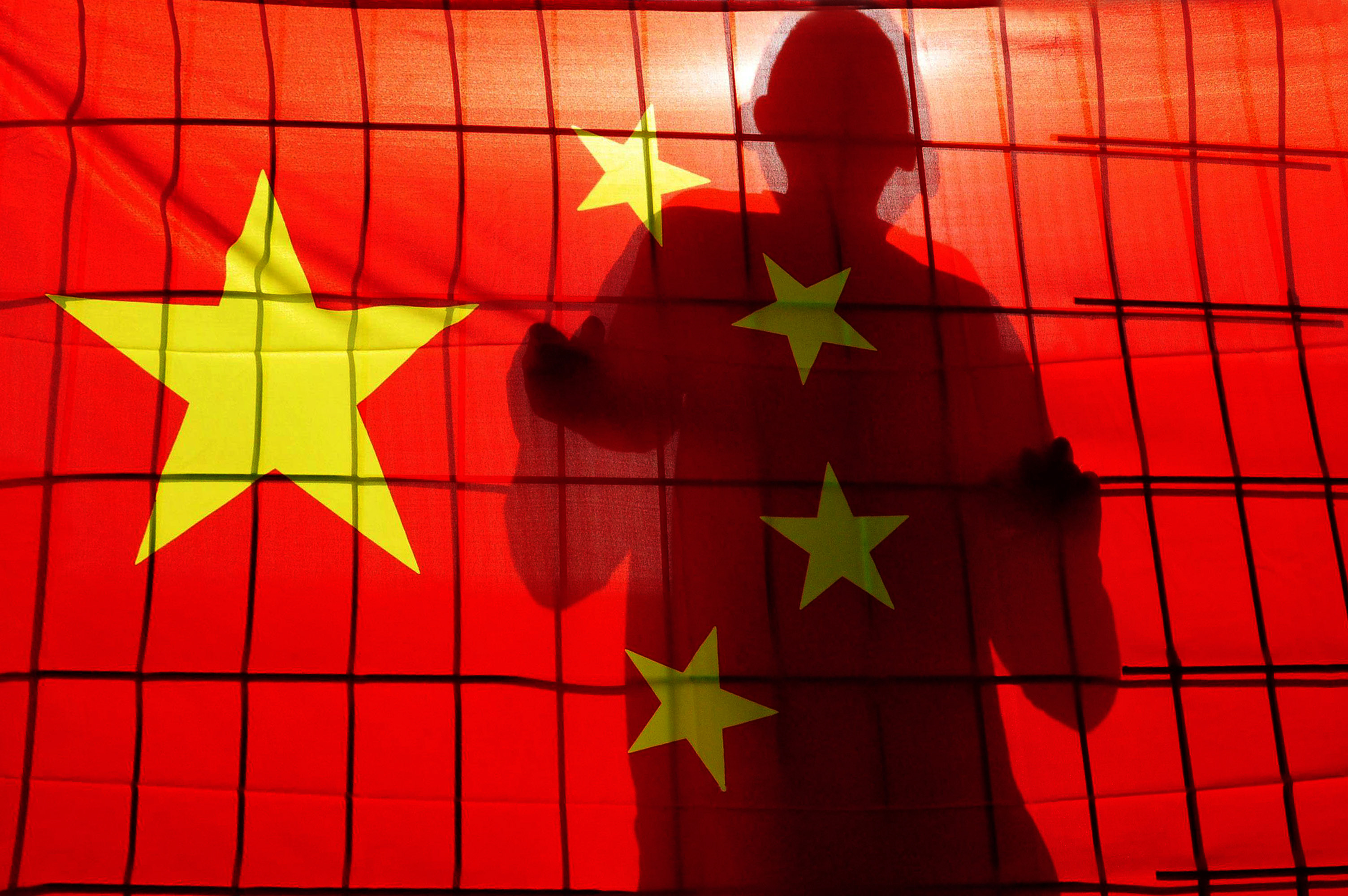by Elizabeth Warner
A cross, marking a church and symbolizing Christian faith, is burned mercilessly. Churches are demolished in an attempt to halt worship. Millions of Muslims are held captive and fed communist propaganda to cleanse them of their faith. This is China and the reality for the religious communities who call the country home.
Religion in China
While China’s constitution technically allows “freedom of religious belief,” according to a report from the Brookings Institution, actual religious worship and practice don’t have the same level of safeguard as belief does. “Normal religious activities” are protected, but the Chinese government gets to determine what “normal” actually means.
China officially recognizes only five religions, including Catholicism, Islam, Protestantism, Chinese Buddhism, and Daoism. While these recognized religions have some amount of freedom, current leader Xi Jinping has increased regulations on even legally functioning churches. Additionally, as religiosity increases in China, the number of people practicing their faith under the table has increased. Xi Jinping has shown that he will not stand for such extralegal activity, particularly when it comes to religion.
This officially atheist nation’s religious liberty has never been exemplary, but over the past couple of years, instances of outright religious persecution have been increasing. What’s even more troubling is that this religious persecution is coming from the very entity that should be protecting religious freedom.
Sinicization: Making Religion Political
As part of Chinese crackdown on religion, the government is enforcing a process of sinicization. Essentially, sinicization of religion requires churches to promote Chinese ideology and support the CPC. Christianity in particular is being pushed to sinicize, as Chinese leaders fear the Western ideology often associated with Christian faiths.
By requiring religions to push a specific political agenda, China is making religion less about belief and more about politics. As Martin Luther King, Jr. stated, “The church . . . is not the master or the servant of the state, but rather the conscience of the state. It must be the guide and the critic of the state, and never its tool.” With China’s sinicization requirements, however, churches are becoming just that: a tool of the state.
How are Christian religions responding to sinicization requirements? While the Vatican has agreed to work out a plan for sinicization, many other Christian faiths continue to operate underground. Unfortunately, President Xi has increased efforts to stamp out religions that refuse to comply with sinicization requirements.
Religious Restrictions on the Rise
In addition to sinicization, the Chinese government has upped regulation, restriction, and persecution of religion as a whole. According to a report by the Freedom House, a non-profit human rights organization, “Under Xi Jinping’s leadership, religious persecution in China has increased overall,” all while China “is undergoing a period of extraordinary revival and expansion across multiple faiths.” This increase in persecution has been particularly apparent toward those of Islamic or Christian faith.
Oppression of Muslims
Perhaps the most appalling persecution has come to the Uighur Muslims in China. According to a report by the UN, around three million Uighur Muslims are detained in “re-education camps” or counter-extremism centers in the Xinjiang region because of their faith. While the Chinese government claims they are merely fighting terrorism, these people are being detained without any due process of law. Additionally, Muslims are facing tighter restrictions such as outlawing burkas and beards and limiting prayer and fasting, practices that are religiously meaningful and pose no threat to China.
Oppression of Christians
Under the guise of tearing down Western ideology, the Chinese government has stepped up its regulation, legally and illegally, of Christian religions. They have stripped crosses from churches, demolished church buildings, and imprisoned leaders. For example, in early December, a Protestant pastor was arrested and over 100 members of his congregation were detained, all under the guise of stopping a “subversion of state power.”
The Cost for China
Any time a nation turns against religious liberty, such actions are not without consequence. While China may think it is in its best interest to squelch religious participation as a means of ensuring communist loyalty, this governmental religious persecution will only increase instability.
Here are a few possible consequences:
- Social instability. Research shows that limiting religious freedom “correlates to increased violence and conflict.” As numbers of religious individuals increase in China, their dissatisfaction with China’s treatment of religious will grow too. Freedom House points out that particularly when “benign spiritual practices” are targeted, religious individuals may react negatively through protest or illegal activity. This will make China even more socially unstable.
- Distrust of the CCP. When China takes action against religions that have been approved by the state, trust disintegrates. Even those who aren’t religiously inclined will see the repression and dishonesty of the Chinese Communist Party, which will ultimately weaken China.
- Economic challenges. Once again, research shows us that religious freedom has economic benefits, including less income inequality, decreased poverty, and decreased crime. Challenging religious freedom will not just hurt people of faith, but the high opportunity costs will hurt China’s economy as a whole.
While the United States has spoken out against China’s actions, so far nothing has changed. As more nations step up to condemn these encroachments on religious liberty, let’s hope that President Xi changes course, for China’s sake and for the world’s.
In the meantime, we can and must protect against religious freedom violations in our own nation. For example, bakers, florists, and photographers have been sued for exorbitant amounts of money because they acted on their religious beliefs. While such infringements are mild compared to what’s going on in China, it is vital to safeguard the freedom to act according to our own conscience. As Tony Perkins, president of the Family Research Council, puts it, “Religious freedom is the key to a strong, stable and successful nation.”
To read more about threats to religious freedom in China, check out these reports:
Council on Foreign Relations – https://www.cfr.org/backgrounder/religion-china
Freedom House – https://freedomhouse.org/sites/default/files/FH_ChinasSprit2017_Abridged_FINAL_compressed.pdf

